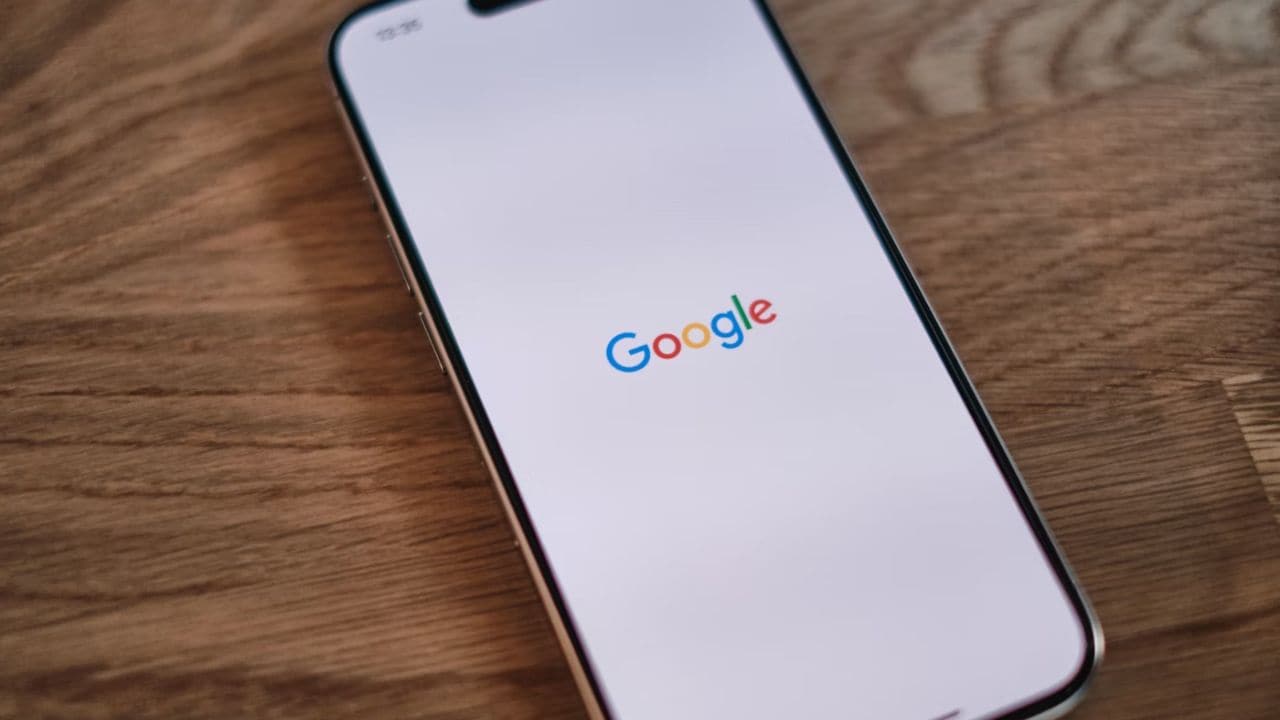Google must defend itself against a privacy class action alleging that it collected data from mobile phone users who believed they had switched off tracking after the tech giant failed to convince a federal judge to throw out the case, as per reports.
Chief Judge Richard Seeborg of the federal court in San Francisco on Tuesday rejected Google’s argument that its Web & App Activity settings were inadequately disclosed and that users had provided consent.
According to court documents, Google had also maintained that its basic record-keeping “doesn’t hurt anyone,” the report added.
However, Judge Seeborg said a jury could determine that Google’s conduct was “highly offensive,” citing internal communications suggesting that the company, a unit of Alphabet, might have deliberately kept its data collection practices vague. The lawsuit claims Google intercepted and saved personal browsing histories without user consent, potentially violating a California law that prohibits unauthorized, fraudulent computer access, the report said.
Seeborg also cited evidence that Google employees were aware of users’ concerns and knew their disclosures were ambiguous. He noted that whether Google’s interpretation or the plaintiffs’ interpretation prevails is “a triable issue of fact.” The case is set for jury trial on August 18.
The lawsuit which began in July 2020, is not Google’s first privacy-related legal challenge. In a separate case last August, the federal appeals court in San Francisco revived a lawsuit accusing Google of tracking Chrome users who had chosen not to synchronize their browsers with their Google accounts.
Four months earlier, Google agreed to destroy billions of data records to settle a different class action alleging it tracked people using Chrome’s “Incognito” mode. The same law firms representing plaintiffs in that case are also involved in this one, added the report.
